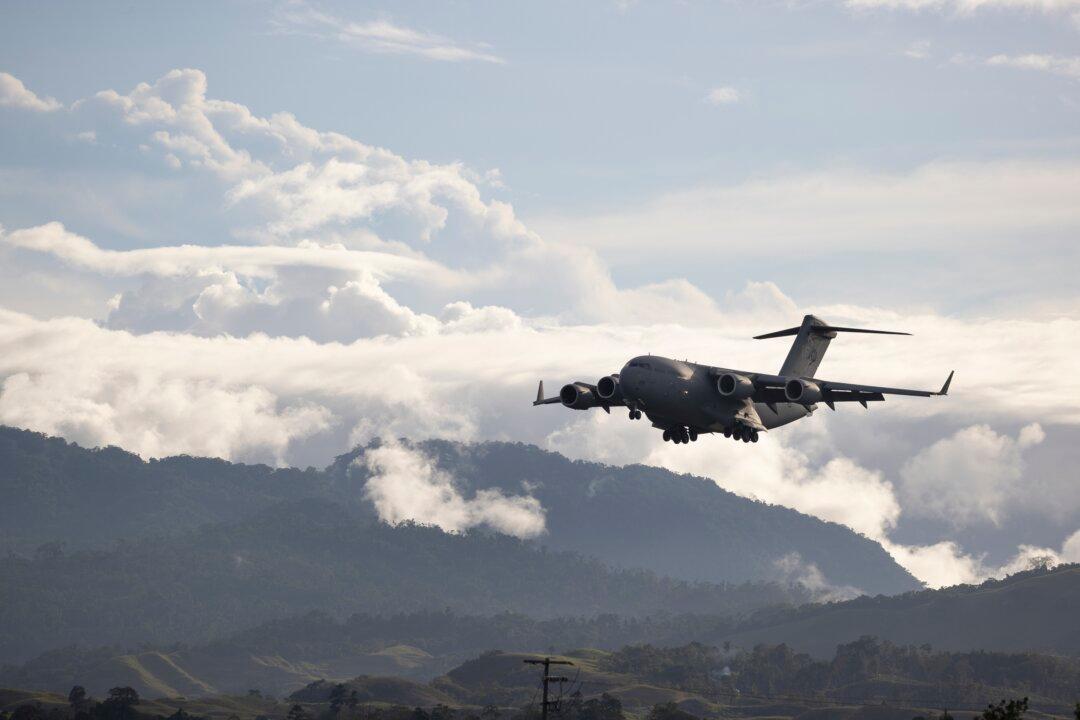An international watchdog has advised Australia to support the growth and sustainability of democratic policies in the Asia-Pacific region as the state of the world’s democracies continue to “backslide,” a report has found.
In its annual report, the Stockholm-based International Institute for Democracy and Electoral Assistance (IDEA) said democratic institutions, including longstanding democracies, were being undermined by issues ranging from restrictions on freedom of expression, declines in checks on governments, rule of law and on civil liberties.





